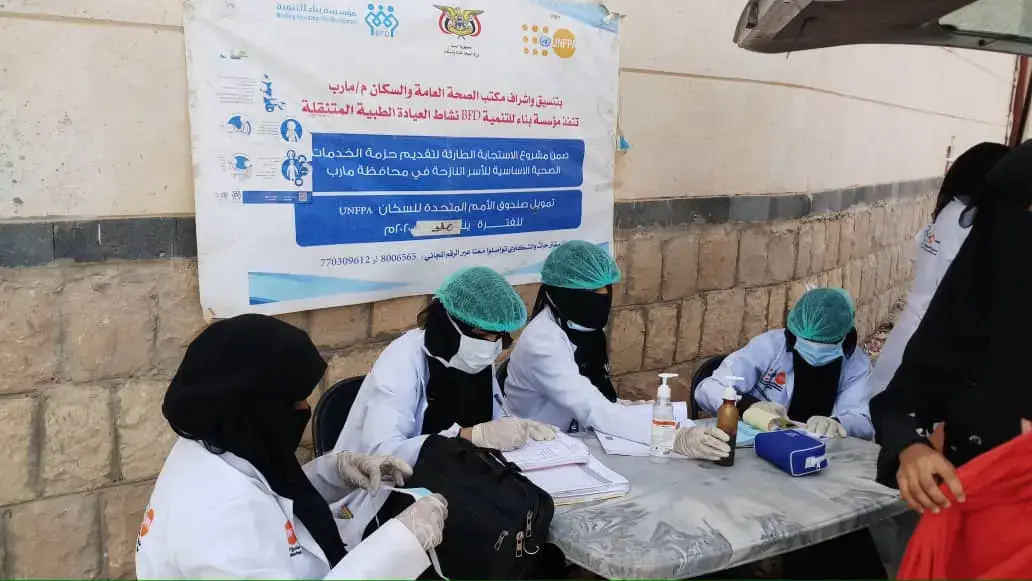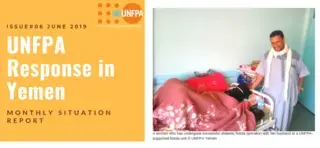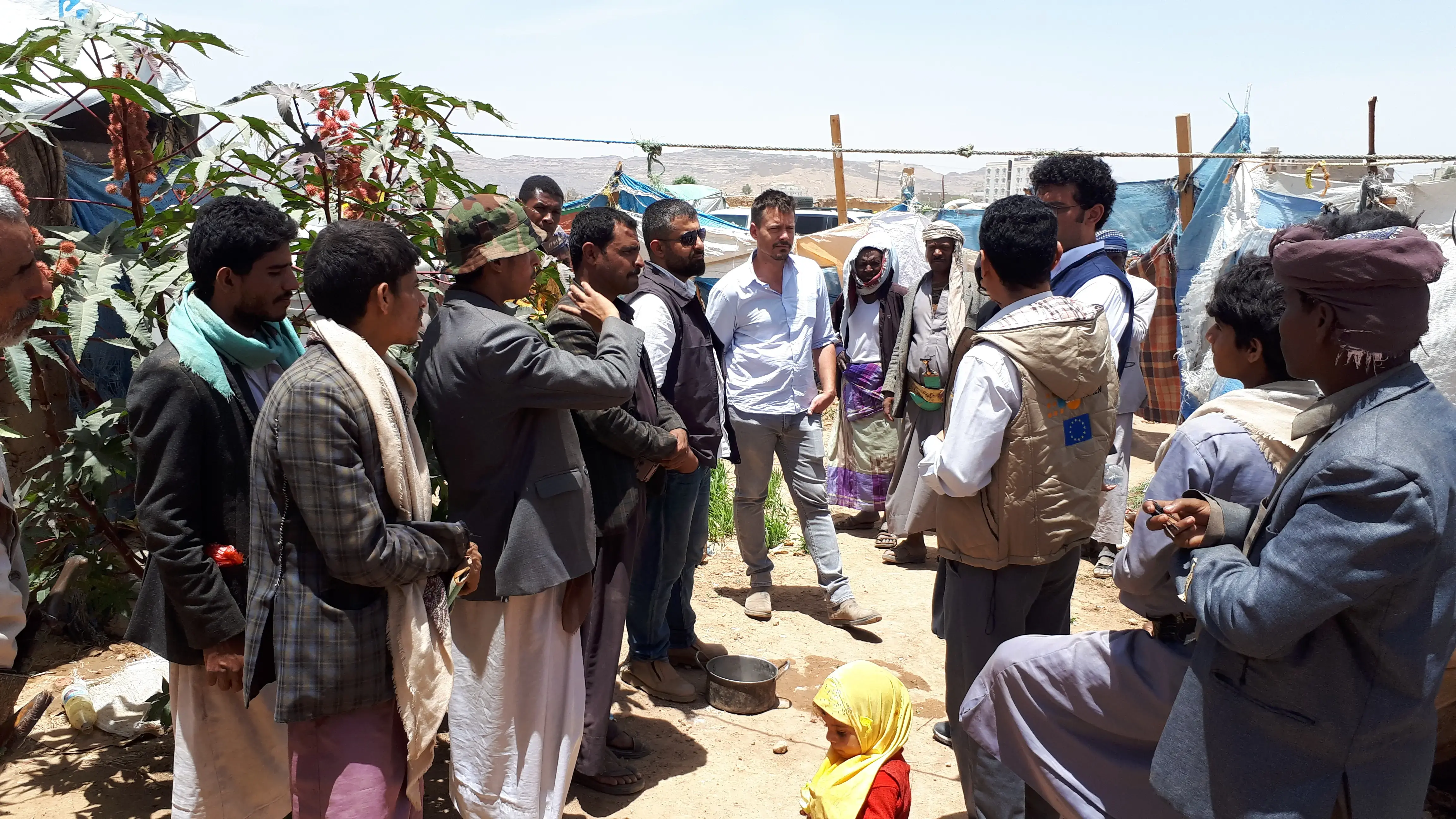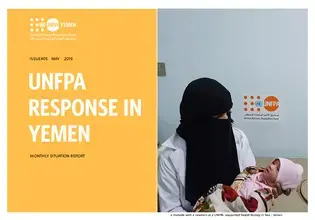Yemen remains the world’s worst humanitarian crisis. The cumulative impact of more than five years of conflict, economic decline and institutional collapse has left 24 million people – about 80 per cent of the population – in need of humanitarian aid and protection.
COVID-19 is spreading rapidly across Yemen. By 31 May, 314 cases and 78 related deaths had been reported amid concern that official reports lag far behind actual infections. A case fatality rate of 20.77 per cent indicate the need to redouble efforts to respond to the virus. Humanitarian agencies, including UNFPA are stepping up the response to save lives. UNFPA as a front-line partner to the COVID-19 response in Yemen is working closely with the Ministry of Health, WHO and UNICEF. As lead of the GBV-Sub-cluster and Inter-Agency Working Group on Reproductive Health, UNFPA is positioning reproductive health and gender-based violence into the response. By May, 114 health facilities were provided with infection prevention equipment and 18 hotlines set up to provide women's protection services through telecounseling.
In mid-May, UNFPA was forced to suspend support to lifesaving reproductive health services in 140 health facilities; with UNFPA's appeal for $100.5 million towards its humanitarian response receiving only $41.7 million by May. An additional $24 million is needed for UNFPA's COVID-19 response to protect health workers and women and girls accessing reproductive health services.
As a resulting of this funding shortage the lives of 2 million women and girls of childbearing age are expected to be at risk as they lose access to lifesaving reproductive health services. Some 320,000 pregnant women will be cut off from lifesaving reproductive health services, while 48,000 women could die from complications of pregnancy and childbirth.
UNFPA's response in 2020 has thus far reached over half a million women with reproductive health services and nearly a quarter of a million women with protection services.





